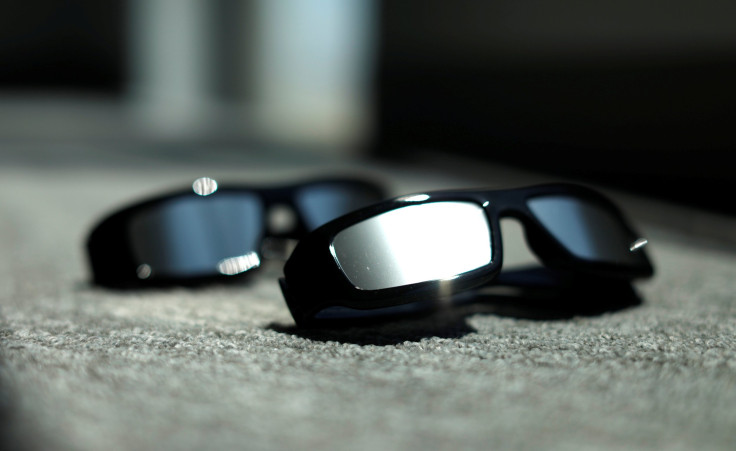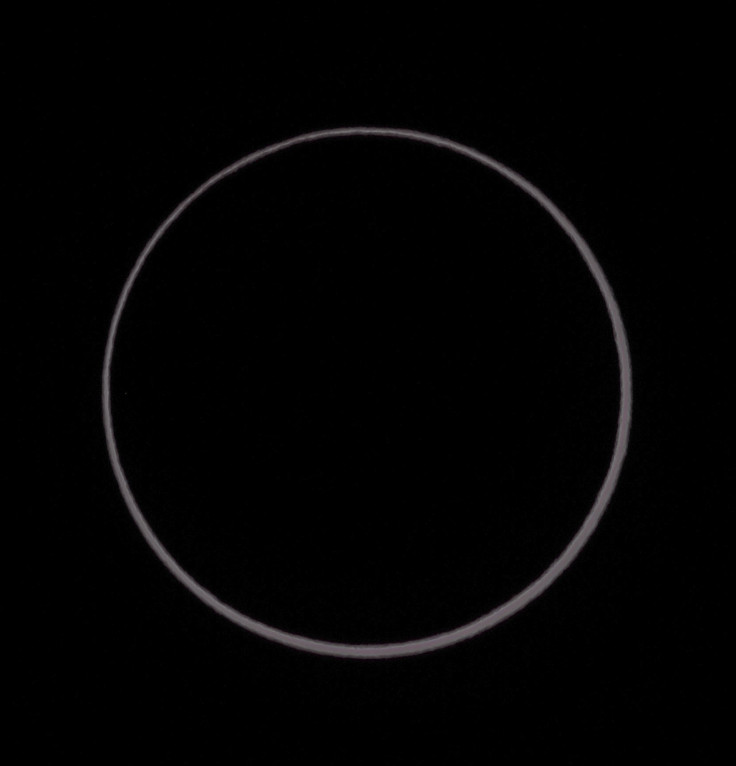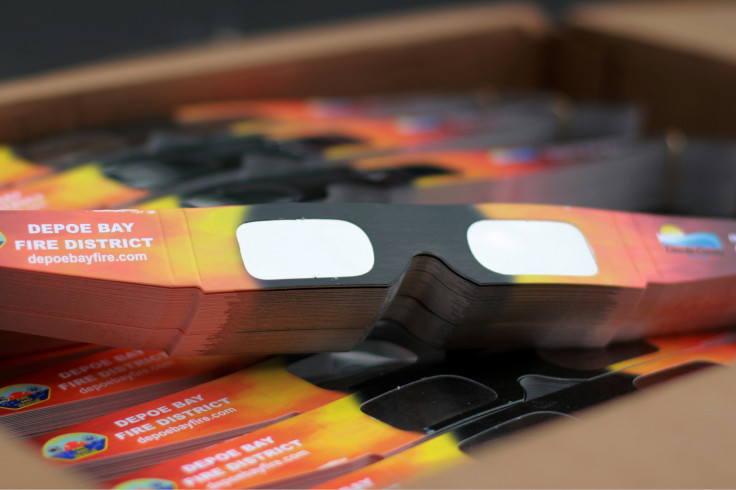Solar Eclipse 2017: How Safe Are Solar Filter Glasses? Expert Explains Risks

The solar eclipse passing over the United States on Aug. 21 is less than a week away. If you are keen to watch the eclipse, you must know the risks involved even if you want to view the solar spectacle with filtered glasses on.
Dr. Michael Schecter, an Ohio-based optometrist, issued a warning Saturday to those who are waiting excitedly for the eclipse. To caution the people about the risks involved in viewing the eclipse, he wrote a lengthy Facebook post. “There are serious risks associated with viewing a solar eclipse directly, even when using solar filter glasses,” he said in the post.

In the post, he also said that he feared he might see a huge number of patients at his clinic with complaints of a blurry vision after the eclipse. He also warned about the dangers of watching the eclipse with the safety glasses on, especially in the case of children.
“The biggest danger with children is ensuring proper use without direct parental supervision. As the eclipse passes over many places, including Columbus, the moon will not block 100% of the sun. Because so much of its light is blocked by the moon, if one looks at it without full protection, it does not cause pain as looking at the sun does on a regular day," he wrote.
“Normally if you try to look at the sun, it physically hurts and you can't see anything. During an eclipse, however, it is easier to stare for a bit.... and even less than 30 seconds of exposure to a partially eclipsed sun; you can burn a blind spot right to your most precious central vision. With solar glasses, you can't see anything except the crescent of light of the sun. Kids could have a tendency to want to peek around the filter to see what is actually going on up there. One failure, just one, where education and supervision fail, will have such a devastating consequence,” the post read.
Speaking of the risks of solar glasses in case of any defect, Schecter said: “If the solar glasses do not filter out 100 percent of the harmful UV rays, if they are not used absolutely perfectly, or should there be a manufacturing defect in any of them, this will result in permanent and irreversible vision loss for any eye exposed.”
He explained the effect of the eclipse was quite similar to sunburn. Just like sunburn, the effects of the eclipse are not felt or noticed immediately. However, those affected might feel the symptoms after a few hours — possibly the next day.

Meanwhile, NASA on its website issued some interesting safety tips for those wanting a glimpse of the rare event.
Some of their most useful tips are mentioned below:
- Always inspect your solar filter before use; if scratched or damaged, discard it. Read and follow any instructions printed on or packaged with the filter.
- Always supervise children using solar filters.
- Stand still and cover your eyes with your eclipse glasses or solar viewer before looking up at the bright sun. After looking at the sun, turn away and remove your filter — do not remove it while looking at the sun.
- One should avoid looking at the eclipse with an unfiltered camera or a telescope, binoculars or any kind of optical device.
© Copyright IBTimes 2025. All rights reserved.





















